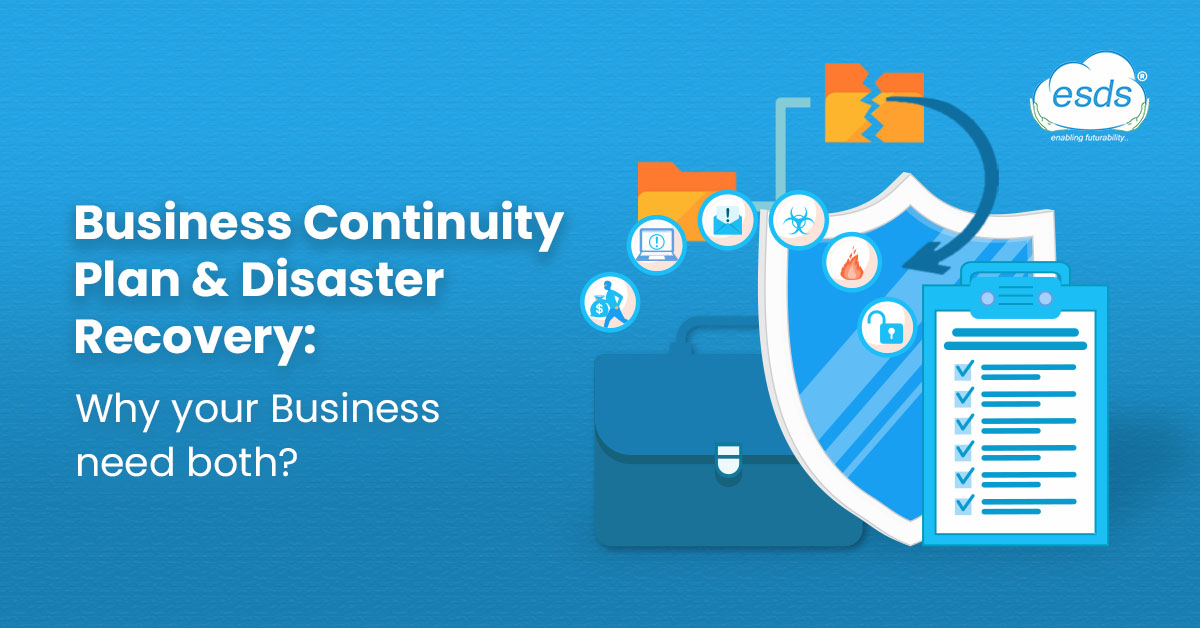In sum, hardware issues account for 45% of unplanned downtime. The loss of power (35%), software failure (34%), data corruption (24%), external security breaches (23%), and unintentional user error (20%) are all followed by this.

According to data from Seagate, human errors, such as accidental data loss, improper device management, and other incidents, account for 22% of downtime events. Only 5% of business downtime, according to Seagate, is due to natural disasters. We believe that many corporate leaders lack a solid understanding of business continuity plans and catastrophe recovery plans based on those figures and summaries.
Business continuity is the strength of an organization to continue key operations both during and after a crisis. With the intention of preventing interruptions to mission-critical services and resuming full organization function as quickly and easily as possible, a business continuity plan establishes risk assessment methodologies and procedures.
While we see the other end, a disaster recovery plan is a written declaration created by a corporation that provides detailed instructions on how to handle unforeseen circumstances like natural disasters, blackouts, cyber-attacks, and other disruptive occurrences.

No comments:
Post a Comment